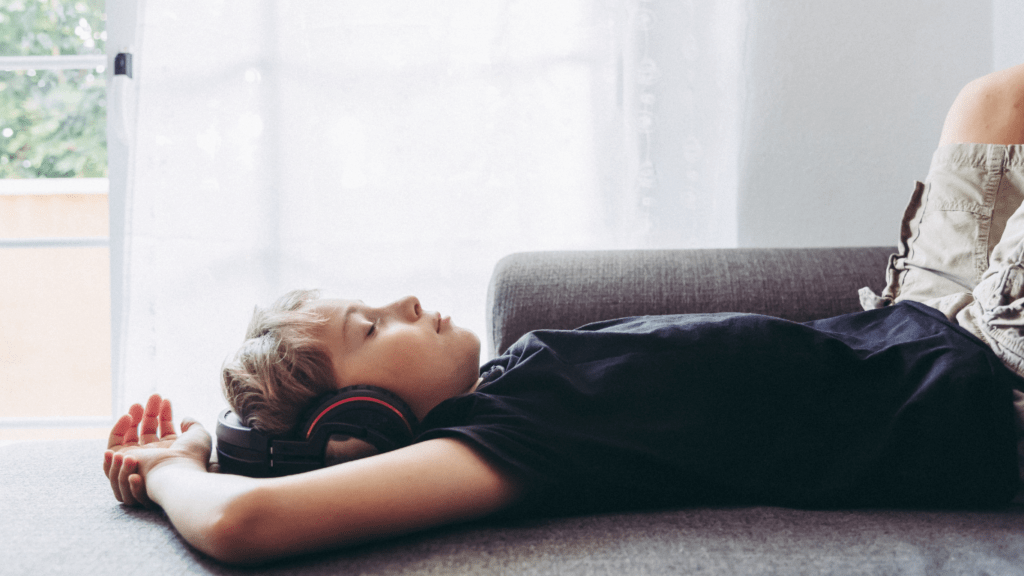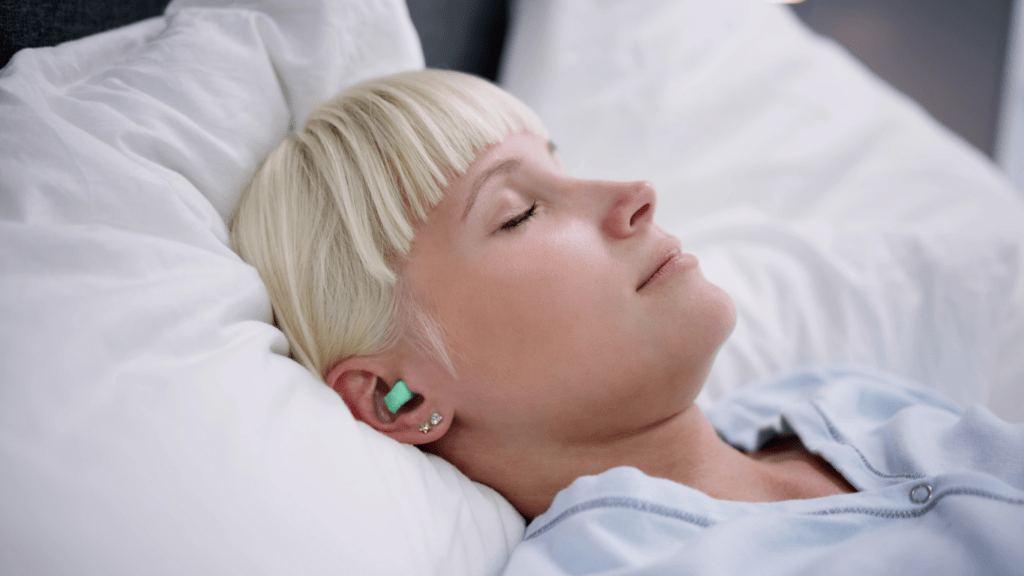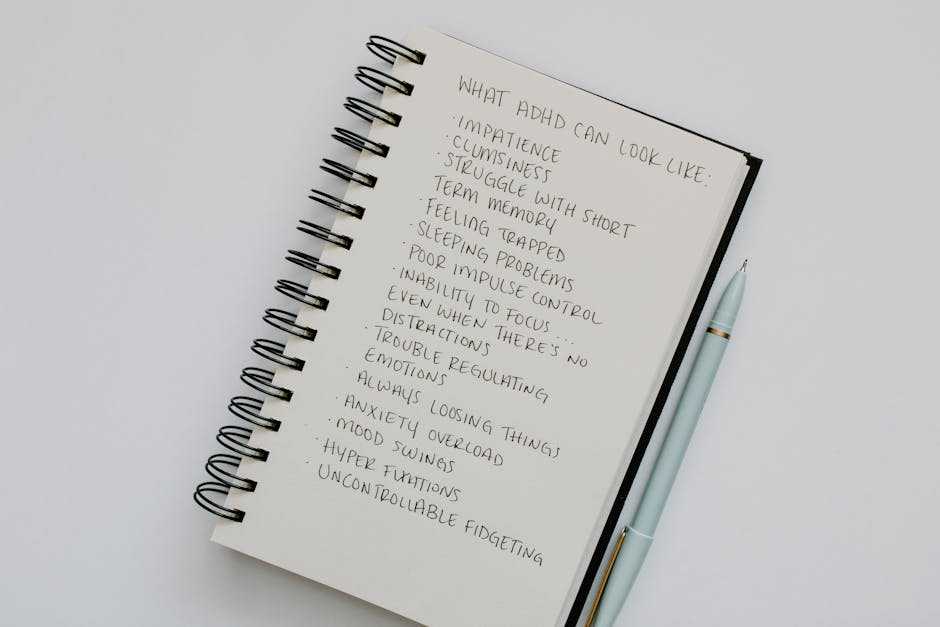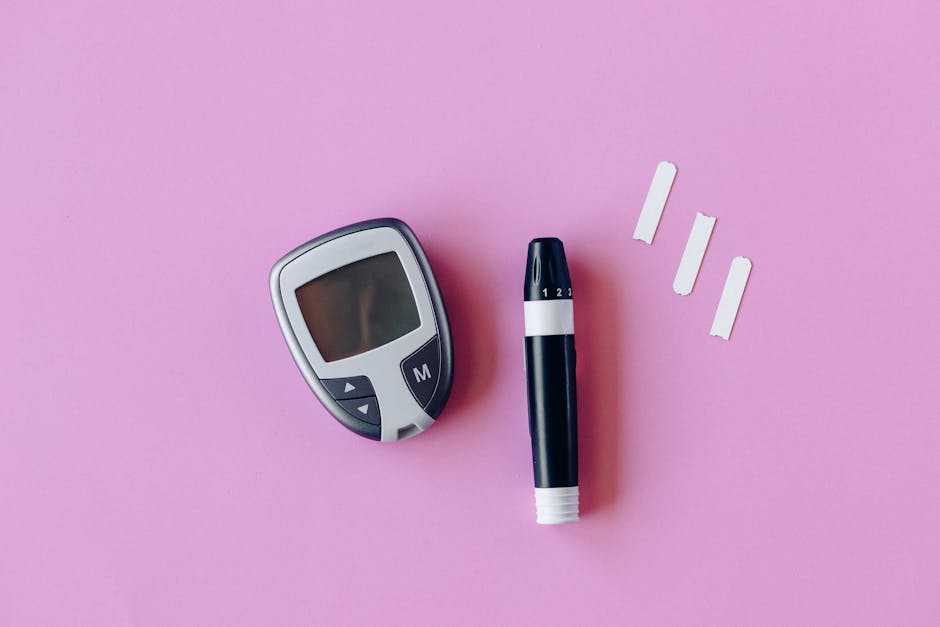Struggling to get a good night’s sleep? As someone who understands the importance of rest for mental well-being, I’ve delved into the world of sleep aid apps that promise to revolutionize our sleep patterns. In today’s fast-paced digital age, finding ways to improve our sleep quality is crucial for maintaining optimal mental health.
In this article, I’ll explore how sleep aid apps are not just about tracking your sleep but actively helping you achieve a more restful night. From soothing sounds to personalized sleep schedules, these apps offer a range of features designed to address common sleep issues and promote relaxation. Join me as we uncover how technology is being harnessed to enhance our sleep experience and ultimately contribute to better mental health outcomes.
The Impact of Sleep Aid Apps on Mental Health
Sleep aid apps play a crucial role in enhancing mental health by optimizing our sleep patterns. These apps leverage various features to address sleep issues and facilitate better rest, ultimately contributing to improved mental well-being. By offering personalized sleep schedules, relaxing sounds, and other tailored functionalities, sleep aid apps have proven to be effective tools in promoting quality sleep and supporting overall mental health.
The integration of technology into the realm of sleep management has resulted in innovative solutions that cater to individual needs, creating a more personalized approach to enhancing sleep quality. Through the utilization of sleep aid apps, individuals can establish healthier sleep habits, reduce sleep disturbances, and experience a more rejuvenating rest each night. The positive impact of these apps on mental health is evident in the increased prevalence of better sleep outcomes and enhanced overall well-being among users.
As someone who values the importance of mental health and recognizes the significance of quality sleep, I have witnessed firsthand the transformative effects of utilizing sleep aid apps. By incorporating these technological tools into my nightly routine, I have been able to establish a more structured sleep schedule, minimize disruptions during sleep, and wake up feeling refreshed and rejuvenated each morning. The tangible benefits of improved sleep have positively influenced my mental wellness, allowing me to approach each day with a greater sense of clarity and vitality.
The utilization of sleep aid apps significantly impacts mental health by optimizing sleep patterns and enhancing overall well-being. By embracing the advancements in technology and leveraging the features of these apps, individuals can take proactive steps towards prioritizing their sleep health and reaping the mental health benefits that accompany restful nights. As I continue to incorporate these tools into my daily routine, I am confident in their ability to further support and improve my mental well-being through better sleep quality.
Benefits of Using Sleep Aid Apps
Using sleep aid apps offers a myriad of advantages that can significantly boost one’s mental health and overall well-being. Let’s delve into the specific benefits that come with incorporating these apps into your sleep routine:
Improved Sleep Quality
Enhancing sleep quality is a primary benefit of utilizing sleep aid apps. These apps employ various techniques such as offering soothing sounds, guided meditations, and sleep tracking features to help users achieve a more restful and uninterrupted night’s sleep. By following personalized sleep schedules tailored to individual needs, users can experience deeper sleep cycles and wake up feeling more refreshed and energized.
Reduced Stress and Anxiety
Another notable benefit of sleep aid apps is their ability to reduce stress and anxiety levels. The calming nature of these apps, combined with relaxation exercises and mindfulness practices, can help users unwind before bedtime, promoting a sense of tranquility and peace. By alleviating stress and anxiety, sleep aid apps contribute to a more relaxed state of mind, making it easier to fall asleep and stay asleep throughout the night.
Features to Look for in Sleep Aid Apps
When choosing a sleep aid app to improve your rest and mental well-being, certain features can enhance the effectiveness of your sleep management. Here are key aspects to consider:
- Personalized Sleep Schedules: Look for apps that offer customization options for bedtime routines and wake-up times based on your preferences and sleep patterns. Personalized schedules can help regulate your body clock and promote a consistent sleep-wake cycle.
- Variety of Relaxing Sounds: Opt for apps that provide a wide range of calming sounds, such as nature noises, white noise, or soothing melodies. Diverse sound options can help you find the most suitable sleep-inducing audio that resonates with you and aids relaxation.
- Sleep Tracking and Analysis: Choose apps that utilize sleep tracking features to monitor your sleep patterns, duration, and quality. Insightful analysis of your sleep data can help you identify trends, understand disruptions, and make informed adjustments to improve your sleep quality.
- Guided Meditation and Mindfulness Exercises: Select apps that offer guided meditation sessions and mindfulness exercises to promote relaxation and reduce stress levels before bedtime. These practices can help calm the mind, enhance mindfulness, and prepare your body for restful sleep.
- Integration with Wearable Devices: Consider apps that integrate with wearable devices, such as smartwatches or fitness trackers, to provide additional data on your sleep metrics. Seamless connectivity between the app and your wearable device can offer a comprehensive overview of your sleep health for a more tailored experience.
- Customizable Ambient Lighting: Look for apps that incorporate customizable ambient lighting features to create a sleep-conducive environment in your bedroom. Adjustable lighting settings can help signal your body for sleep by simulating sunset colors or dimming lights gradually.
By prioritizing these features in your selection of a sleep aid app, you can optimize your sleep routine, reduce disturbances, and cultivate a peaceful state of mind conducive to quality rest and improved mental health.
Tips for Incorporating Sleep Aid Apps into Daily Routine
When integrating sleep aid apps into my daily routine, I focus on consistency and personalization. It’s essential to establish a bedtime ritual that includes using the app to unwind and signal to my body that it’s time to sleep. By incorporating these apps regularly, I’ve noticed a significant improvement in my sleep quality.
I schedule reminders on my phone to prompt me to start my bedtime routine with the sleep aid app. This helps me stay accountable and ensures that I prioritize my sleep health. Setting aside dedicated time for relaxation before bed has become a non-negotiable part of my evening routine.
I find it beneficial to explore the various features of the sleep aid app and customize them according to my preferences. Whether it’s selecting specific sounds, adjusting the length of guided meditations, or tracking my sleep patterns, tailoring the app to my needs enhances its effectiveness in helping me achieve a restful night’s sleep.
Integrating the sleep aid app with my wearable device has been a game-changer. I can seamlessly track my sleep quality, analyze the data, and make adjustments to my routine based on the insights provided. This integration streamlines my sleep management process and empowers me to make informed decisions to optimize my rest.
Consistency, personalization, and integration are key aspects I consider when incorporating sleep aid apps into my daily routine. By following these tips, I’ve been able to enhance my sleep patterns, reduce disturbances, and experience improved mental clarity. The structured approach to leveraging technology for better sleep has had a profound impact on my overall well-being and mental health.


